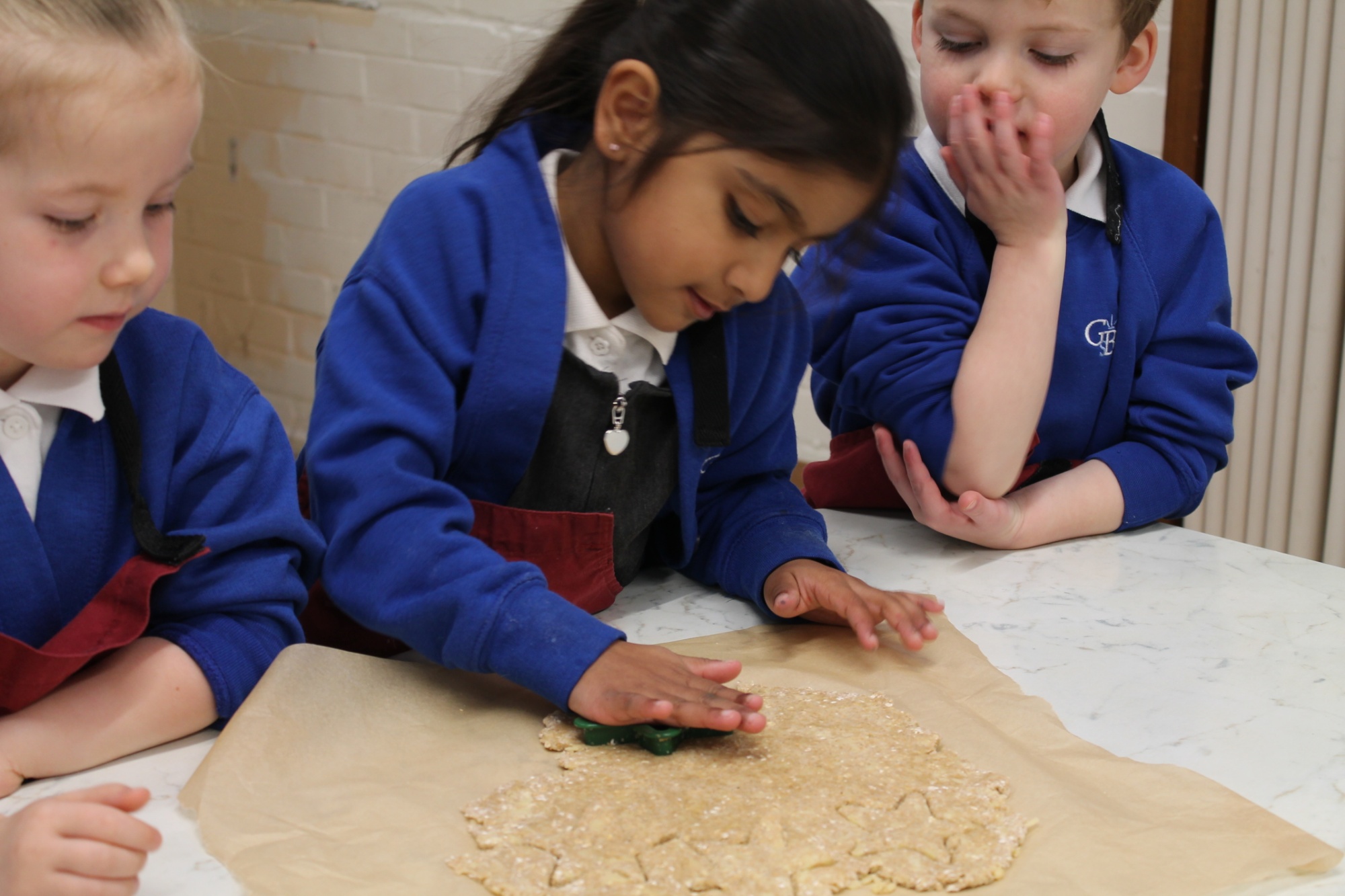Curriculum
Our Vision
‘Continual pursuit of excellence’
Our school curriculum is underpinned by our four C.L.U.B values:
|
C |
Curiosity to learn and know |
|
L |
Love for ourselves and for each other |
|
U |
Unity to come together and respect each other |
|
B |
Believe that anything is possible |
We believe that we are preparing our children for lifelong learning and that it is our duty to provide a climate where all children feel confident and valued. We advocate an inclusive approach to teaching and learning that celebrates diversity and recognises children as individuals, respecting their rights, values and beliefs. Our broad, balanced and enriching curriculum offer equips children with the skills, knowledge and understanding to make informed choices so that they are able to lead happy and fulfilling lives.
At our school, we have high expectations of presentation and actively encourage all children to take pride in their work.
Curriculum Aims and Objectives
The prime aim of our curriculum is to promote children’s independence, excellence, perseverance, self-discipline and lifelong love of learning. At Great Bookham School, we take a thematic approach to learning to nurture children’s passions and interests, and to provide them with a range of rich and memorable experiences. Carefully chosen themes help to promote children’s engagement through creative topics and hands-on activities. A cross-curricular approach to thematic learning also helps to make purposeful links between subjects and establish meaningful connections to the real world.
The aims of our school curriculum are:
- to enable all children to learn and develop their skills to the best of their ability;
- to promote a positive attitude towards learning, so that children enjoy coming to school and acquire a solid basis for lifelong learning;
- to teach children the basic skills of literacy and numeracy;
- to foster children’s creativity and develop independence of thought;
- to teach children about their developing world, including how their environment and society have changed over time;
- to help children understand Britain’s cultural heritage (FBV);
- to enable children to make a positive contribution to the community in which they live and to the wider society as a whole;
- to fulfil the requirements of the National Curriculum and the Surrey Agreed Syllabus for Religious Education;
- to teach children to understand right from wrong;
- to help children understand the importance of truth and fairness, so that they grow up committed to equal opportunities for all;
- to raise standards by ensuring consistency and continuity of learning and teaching;
- to ensure an inclusive ethos where children are motivated and engaged regardless of their gender, ability, background or beliefs;
- to enable children to have respect for themselves and high self-esteem so that they are able to live and work co-operatively with others;
- to nurture children’s social, moral, spiritual and cultural development (SMSC)
- to recognise and celebrate success in everyone.
Our curriculum is designed with specific end points that are ambitious and ensure coverage of the National Curriculum and EYFS. Each subject is carefully sequenced so that new knowledge and skills build on what has been taught before and towards clearly defined end points. We follow a spiral model of curriculum where there is a revisiting of topics, subjects, or themes across the school whilst ensuring subject-specific planning still has the appropriate rigour for the Year Group’s Programme of Study. This approach allows children to build on prior learning (what they know and remember) to achieve a deeper understanding. By building on prior knowledge the pupils are able to know more, remember more and are able to do more.
The National Curriculum provides a necessary framework and ensures continuity throughout the child's school life. The curriculum detail forms the most important element in the School Improvement Plan which in turn covers all aspects of school life.
Please see links under the Curriculum for more information about each subject, alongside further information regarding our Special Educational Needs and Disability (SEND) provision, the wider curriculum, and trips and visits.
To find out more about our curriculum, or to discuss how you can support your child in their learning, please contact your child's Class Teacher or email info.gbs@sfet.org.uk

